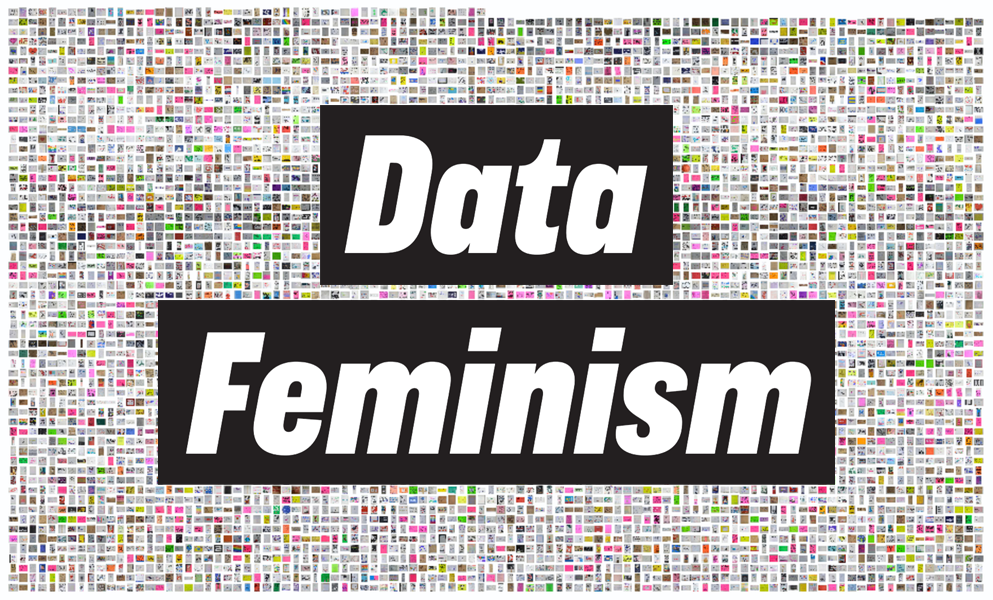“Data feminism insists that the most complete knowledge comes from synthesizing multiple perspectives, with priority given to local, Indigenous, and experiential ways of knowing.”
Key Terms
Occlusion – a characteristic of data visualization that refers to the “problem” that occurs when some marks/points within a visualization obscure other important features (i.e. data points on a map obscuring the geography of the city itself)
Data settings – the technical and the human processes that affect what information is captured in the data collection process and how the data are then structured
“Ninjas” – a type of “stranger in the dataset” who is classified by executing complicated, expert moves on datasets
“Unicorns” – a type of “stranger in the dataset” who is classified by being rare and having special skills that bring them to the dataset
“Wizards” – a type of “stranger in the dataset” who is classified by doing “magic” on the dataset to make it look quite different
“Rock stars “- a type of “stranger in the dataset” who is classified by outperforming and/or dominating everyone else working with the dataset
“Janitors” – a type of “stranger in the dataset” who is classified by cleaning up “messy data;” this term has been dropped when these terms for “strangers in the dataset” have been used in broader contexts by companies like Amazon
Negative externality – refers to an inadvertent third-party consequence that arises when working with open data, API’s, etc.
Epistemic violence – harm that dominant groups (like colonial powers) wreak by privileging their ways of knowing over local and Indigenous ways
Co-liberation – an end state in which people from dominant groups and minoritized groups work together to free themselves from oppressive systems
Data murals – large-scale infographics that are both designed by and tell stories about the people who live and work in those spaces
